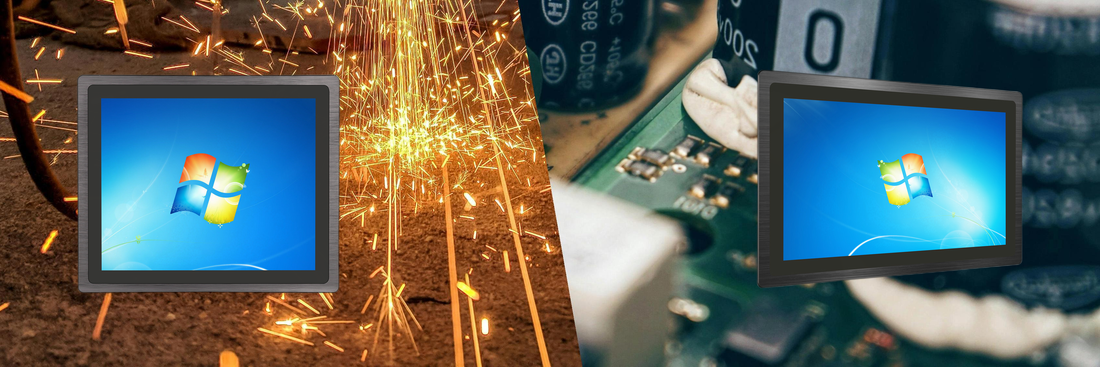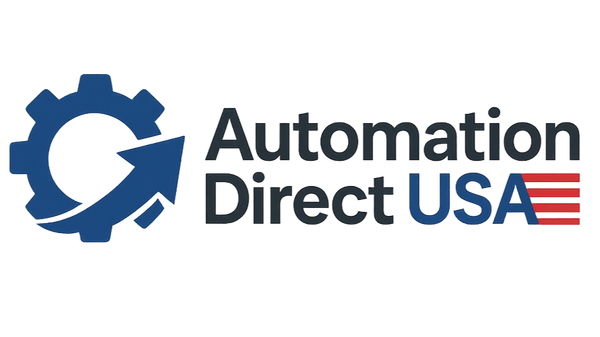
Advanced Parking Management Systems: A Comprehensive Guide for Optimizing Modern Parking Facilities
Advanced Parking Management Systems: A Comprehensive Guide for Optimizing Modern Parking Facilities
In today's fast-paced urban environment, parking management has evolved into a complex logistical challenge that requires innovative solutions to ensure smooth operations. The rise of smart cities and the increasing reliance on technology for infrastructure management has made parking management systems an essential tool for cities, commercial centers, and private entities. This guide delves deep into what parking management systems are, their core components, the technology behind them, and their benefits. We'll also explore future trends and advancements that are shaping this industry.
Introduction: The Need for Parking Management
As urban populations grow and cities expand, the need for efficient use of available space, particularly parking, becomes critical. The growing number of vehicles in cities can lead to significant congestion, delays, and frustration for drivers searching for parking. Parking management systems offer a solution by streamlining parking operations through the use of advanced technology, reducing both inefficiency and user frustration. These systems employ sophisticated hardware and software to ensure a seamless parking experience for users, while offering parking operators a comprehensive set of tools to manage space allocation, payment collection, and security.
Key Components of a Modern Parking Management System
A parking management system (PMS) is not just about controlling barriers and collecting payments. It integrates multiple technologies to deliver a cohesive and automated system capable of handling numerous parking-related tasks. Here are the critical components that constitute a fully-functional PMS:
- Parking Access Control
At the core of any PMS is the access control system. This typically involves automated barriers, gates, and entry/exit terminals. These terminals may be equipped with technologies such as:
- Ticket dispensers: For issuing paper or digital tickets.
- Card readers: To manage access via RFID cards or membership passes.
- License Plate Recognition (LPR): A technology that scans vehicle license plates to allow automated entry and exit based on pre-registered information, eliminating the need for physical tickets.
- Parking Guidance System (PGS)
The parking guidance system is designed to reduce the time and effort spent searching for parking spaces. It operates by employing sensors placed in each parking space to detect whether it is occupied or vacant. The system then:
- Uses digital signage to display real-time parking availability.
- Provides drivers with directions to the nearest available space, minimizing time spent cruising through parking aisles and reducing overall congestion.
- Payment and Revenue Management
Efficient payment collection is a fundamental aspect of a parking management system. Gone are the days of manual cashiers. Modern PMS solutions include:
- Payment kiosks: Located at strategic points in the parking area, these kiosks allow users to pay with cash, credit cards, or digital payment platforms.
- Mobile payment applications: Many systems now offer users the option to pay for parking via a mobile app, providing convenience and reducing queuing at payment stations.
- Online platforms: Some systems allow users to reserve parking spaces in advance and make payments online, integrating with reservation systems.
- Security and Surveillance
A robust parking management system also includes sophisticated security measures to safeguard both the vehicles and the parking facility itself. This component may include:
- CCTV cameras: Strategically placed to cover the entire parking area, ensuring that any incidents are recorded and can be reviewed.
- Intercom systems: Allowing communication between users and the parking operator for assistance.
- Access control systems: Ensuring only authorized individuals can enter certain areas of the parking facility.
- Data Management and Reporting
An advanced PMS collects and processes significant amounts of data. This includes occupancy rates, transaction details, and user behaviors. The data is analyzed to:
- Generate real-time reports on parking usage and revenue.
- Support data-driven decisions for optimizing space utilization.
- Provide insights into peak usage times, allowing for more strategic planning and pricing models.
Technological Advancements Driving Modern Parking Systems
With the rapid development of IoT (Internet of Things) devices and artificial intelligence, the parking management industry is undergoing a significant transformation. Key technologies pushing the boundaries of what parking systems can achieve include:
- IoT-Enabled Sensors
Sensors that detect whether a parking space is occupied or vacant are critical for modern parking management systems. These IoT devices transmit real-time data, ensuring that drivers receive the most accurate information on available spaces.
- Artificial Intelligence (AI)
AI algorithms are being used to predict parking patterns and demand, allowing operators to adjust pricing dynamically or implement predictive maintenance on parking equipment. AI can also enhance security by identifying suspicious behavior through video analytics.
- Mobile Integration
Mobile applications are now integral to parking management systems, offering users the convenience of remote payment, real-time availability updates, and even license plate recognition integration for seamless entry and exit.
Benefits of Implementing a Parking Management System
Parking management systems offer a host of benefits to both operators and users. These include:
- Enhanced Efficiency
Automating processes such as entry/exit control and payment collection significantly improves operational efficiency. By reducing the need for manual intervention, parking operators can handle larger volumes of traffic without additional personnel.
- Reduced Congestion
By guiding drivers to available spaces quickly, parking management systems help reduce congestion within parking lots, improving traffic flow and reducing the carbon footprint caused by vehicles idling while searching for spots.
- Improved User Experience
Users benefit from a more streamlined and less stressful parking experience. The availability of real-time information, automated payment methods, and heightened security measures ensures a smoother, more convenient experience.
- Increased Security
The integration of surveillance cameras, access control systems, and data management tools means that parking areas are more secure, reducing the likelihood of theft or vandalism.
- Data-Driven Decision Making
Operators can leverage the data collected by the PMS to make more informed decisions about space utilization, pricing strategies, and even expansion opportunities.
The Future of Parking Management Systems
The future of parking management is set to be even more integrated and user-friendly. As autonomous vehicles become more prevalent, parking management systems will need to adapt to handle self-driving cars that can park themselves. Additionally, the rise of electric vehicles (EVs) is prompting the integration of EV charging stations within parking lots, which requires sophisticated management and allocation systems.
Conclusion: The Way Forward
A parking management system is an indispensable tool for modern parking facilities, allowing for efficient space utilization, enhanced security, and improved user experiences. By integrating advanced technologies such as IoT, AI, and mobile platforms, parking management systems are poised to play a pivotal role in the development of smarter, more sustainable urban environments.
For businesses looking to implement advanced parking solutions, high-quality touch screens, sensors, and control systems are crucial. IMDTouch specializes in providing state-of-the-art touch display solutions for parking management and other industrial applications. For more information or to request a quote, visit IMDTouch or contact us at support@IMDTouch.com for assistance.
